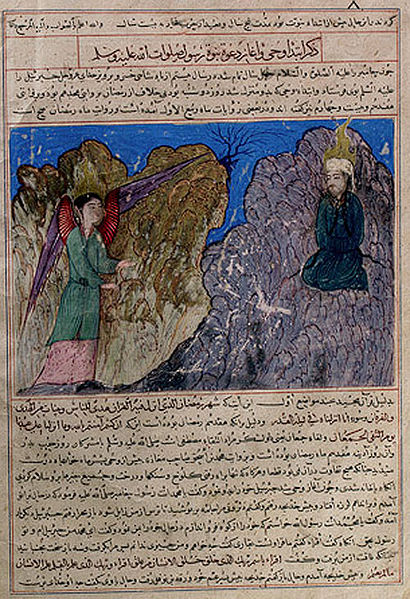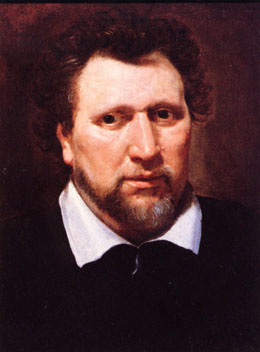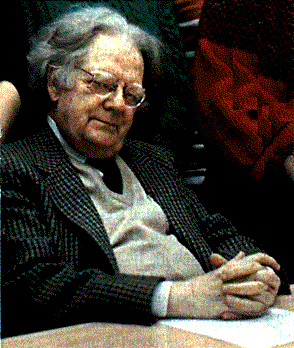I have decided to take down Ezra Levant’s column slandering George Soros. Since posting it this morning with the intent to expose the viciousness of the libel and the ugly way it is expressed in Levant’s September 5th Toronto Sun column, I have realized that it also makes the full text available to those who might wish to reproduce it in order to perpetuate the slander. I have therefore simply resorted to reporting the libel — the nature of which has long been in the public domain and has been refuted many times — in my own words. The revised post is here.
That said, I wish to emphasize just how wretched a thing that column is, as well as what it says about Levant and Sun News. You can read a very thorough account of the evolution of the slander with direct quotes from Levant’s column and what the public record reveals about his libelous claims here.
Out of curiosity, I called a lawyer friend of mine to ask about the legal status of reporting a libel verbatim with the obvious intention to contextualize it and fully expose its fraudulent nature — as well as bear witness to the kind of person who would perpetrate it in the first place. (I am especially curious to know because the column still circulates on the internet, which raises the question of being allowed to address the fact of the libel as it was expressed without any implied assertion of truthfulness about its fraudulent content.) My friend referred me to another lawyer specializing in libel law. I have put a call in to him and hope to report back on what he has to say about it soon.
In the meantime, I’ve kept a copy of Levant’s column for my files. Whenever I get complacent about what we’re dealing with here, I’ll pull it out and read it again.






